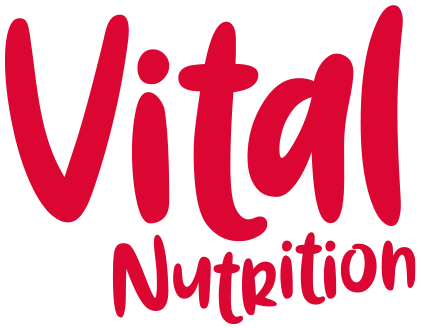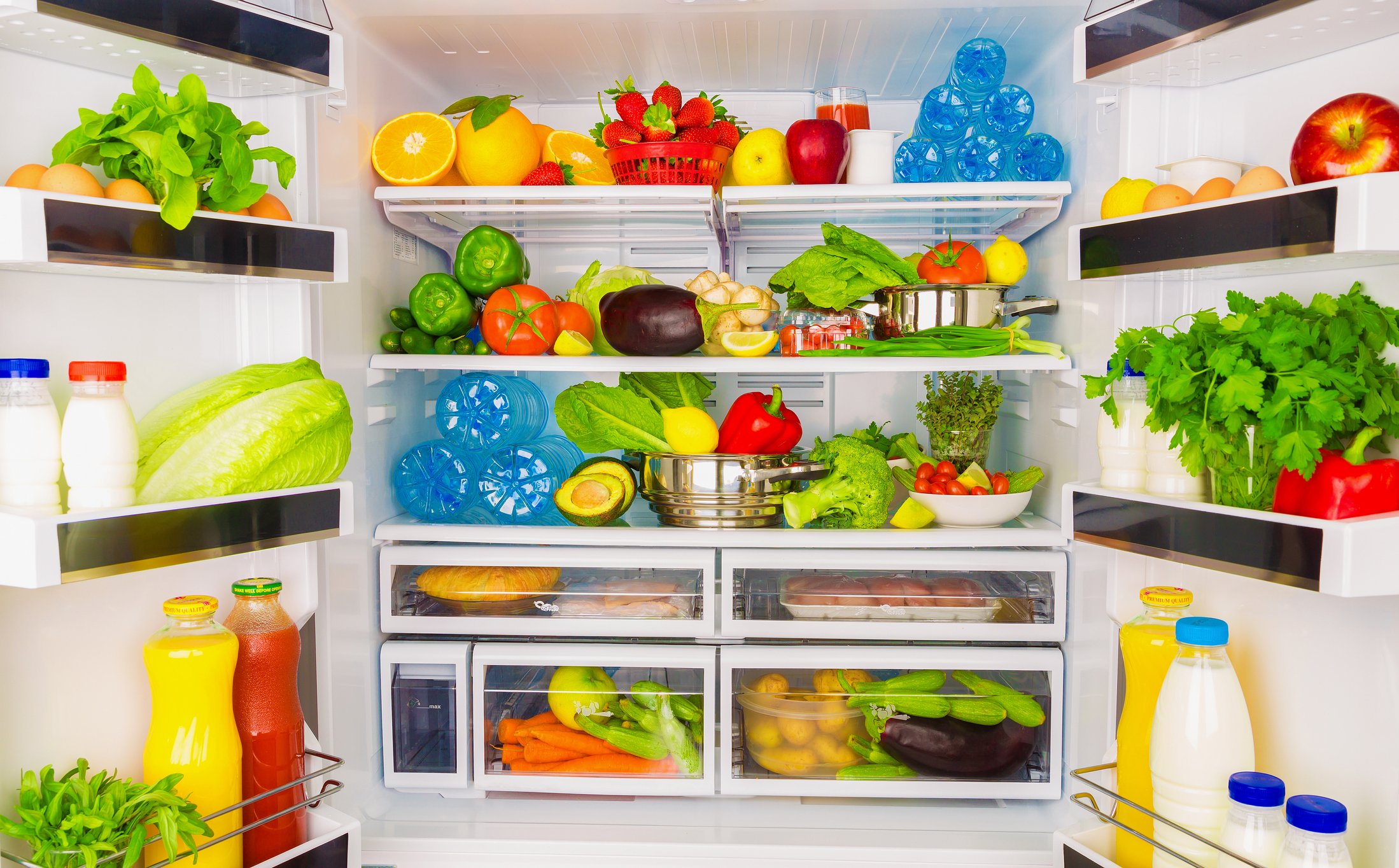Life changing kitchen habits
Your kitchen habits have the power to transform your health. Popping a few extra ingredients into your weekly shop, changing a couple of your everyday habits and taking a little time to prepare, cook and enjoy your food can make a big difference to your health.
Have a plan
When we plan our meals, we tend to make much better choices than when we hoke the cupboards for something quick to eat. When it comes to meal planning, much of the emphasis is often on dinner, but what both breakfast and lunch too.
2. Better breakfasts
Step away from the cereal box and make breakfast much more nutritious. Pack in at least one of your 5 a day, add a palm size portion of protein, a source of fibre and some healthy fats and you will feel so much better, more satisfied and energised than grabbing a slice of toast or a bowl of cornflakes with little or no nutrition.
Overnight oats with berries, seeds and spices
Omelette with tomatoes, mushrooms and spinach
Low sugar granola with a tablespoon of milled flaxseed, some natural probiotic yoghurt and summer berries
3. Working lunches
Lunch is not a snack. It is a main meal, so remember to eat enough at lunchtime to keep you full for at least four hours. Protein, fat and fibre fills us for longer, so get creative and replace your regular sandwich or beans on toast with something more nutritious and sustaining.
Leftover dinner
Super salads with colourful vegetables, herbs, crunchy nuts or seeds, eggs, fish, chicken, or pulses of protein and a decent, olive oil based salad dressing
Wholemeal pitta pockets, packed with colour - grated carrot, red onion, green salad leaves, red peppers. Add a palm size portion of protein like some tinned fish or leftover chicken to keep you sustained.
4. Think protein
No matter whether you are a die-hard carnivore or a plant based vegan, getting enough protein at each mela will help you feel fuller for longer and reduce cravings and snacking between meals.
Have a palm size portion of your protein of choice at each meal - eggs, meat, fish, eggs or dairy products, beans, lentils, quinoa, nuts, seeds are all good sources.
5. Reach for the olive oil
Adding a drizzle of olive oil to your salads, dressings or steamed veggies will not only transform their flavour, but will add a pop of polyphenols to your diet too. These plant chemicals are important antioxidants that help support our digestion and immune function. The monounsaturated fats in olive oil have positive impact on heart health too, so grab a bottle and get drizzling.
6. Fridge door foods
What’s in your fridge door? These condiments can add a pop of nutrition and flavour to meals. Some of my favourites are sun-dried tomatoes, pesto, capers, olives, curry paste, miso and natural yoghurt. Each of them have their own health benefits, but the one thing they have in common if that they can transform any weekday mela into something more interesting, and more nutritious.
7. Don’t forget the snack foods
Loads of us eat really well at main meals but our snacks can let us down. When we get hungry between meals we raid the biscuit tin, or buy a junk food snack. Add some nuts, oatcakes, sugar-free nut butter, houmous, cheese, natural yoghurt, berries and dark chocolate to your shopping list so that you have already supply of decent snack foods to reach for when you get hungry between meals.
This blog post first appeared as my column in The Irish News on Saturday 13th August 2022.

